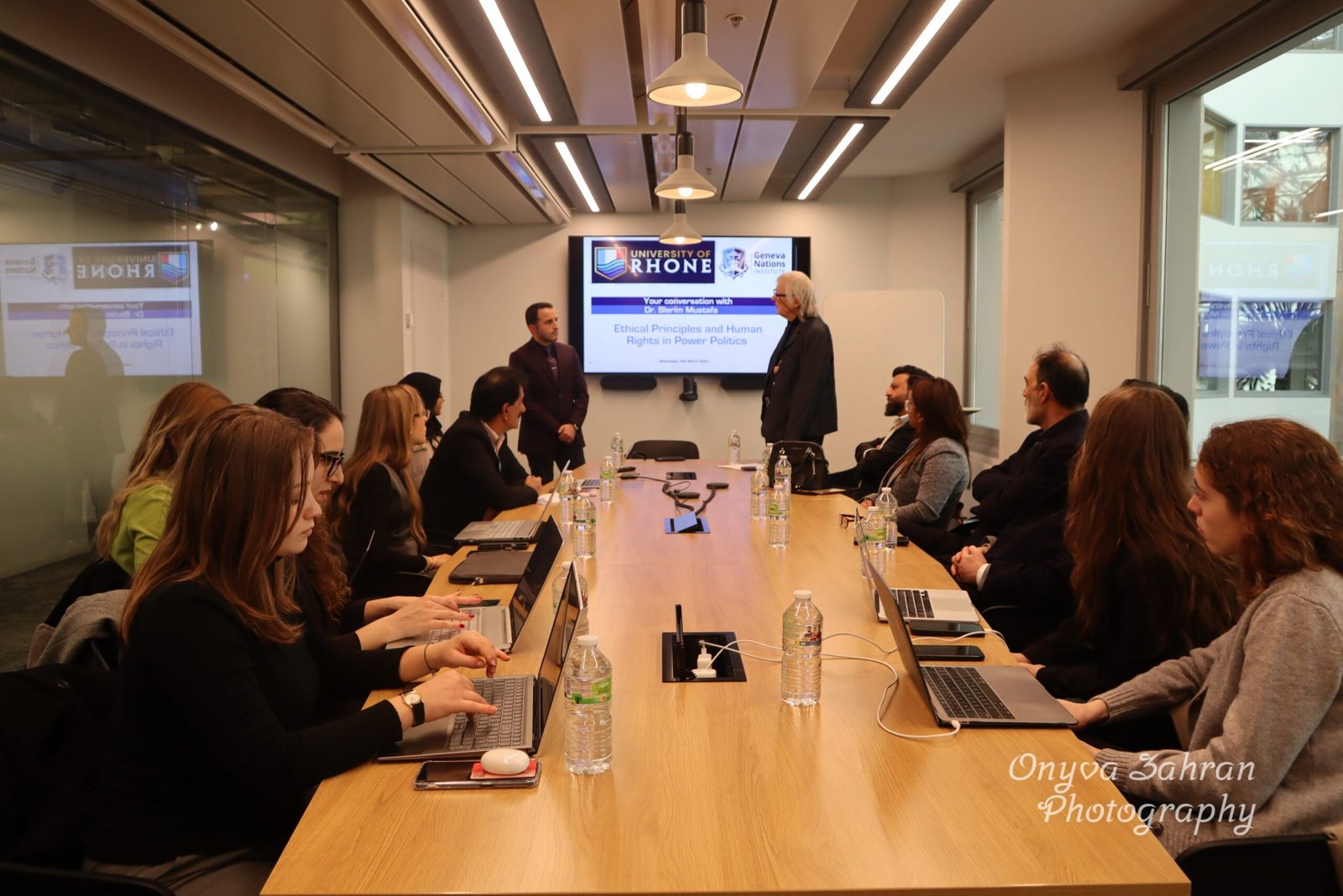BUSINESS
ADMINISTARTION
(BBA)



BUSINESS
ADMINISTARTION
(BBA)
Program Overview
Award : Bachelor of Business Administration (BBA)
The University of Rhone’s Bachelor of Business Administration (BBA) program is a comprehensive and dynamic undergraduate degree designed to equip students with a robust foundation in core business principles and practices
Total Credit Hours: 180 ECTS
Program Duration: 3 years (6 semesters)
Mode of learning: On campus/Online/Blended
Course Overview
The University of Rhone’s Bachelor of Business Administration (BBA) program is a comprehensive and dynamic undergraduate degree designed to equip students with a robust foundation in core business principles and practices. This three-year program offers flexibility through on-campus, online, or blended learning modes, catering to diverse student needs. The curriculum spans essential business functions such as management, marketing, finance, accounting, and economics, providing a holistic understanding of how organizations operate. Students engage with subjects like business communication, organizational behavior, strategic management, and even delve into areas like digital marketing and project management, ensuring they are well-versed in both traditional and contemporary business challenges. The program aims to foster critical thinking, analytical skills, and decision-making capabilities, which are crucial for success in today’s complex global business environment.
A key highlight of the BBA at the University of Rhone is its strong emphasis on practical application and real-world relevance. Beyond theoretical knowledge, the program integrates case studies, group projects, and often culminates in a Capstone Project and/or an internship or field experience. This hands-on approach allows students to apply their learning to practical scenarios, develop problem-solving skills, and gain invaluable industry exposure. For those with a specific interest in sustainability, the University of Rhone also offers a BBA with a specialization in Sustainable Business, integrating principles of environmental stewardship, social responsibility, and ethical governance into the core business curriculum. This forward-thinking approach ensures that graduates are not only capable business professionals but also conscious of their role in creating a more sustainable future.
Learning objectives
Upon successful completion of the Bachelor of Business Administration program, graduates will be able to:
1. Demonstrate a comprehensive understanding of business principles and practices.
2. Analyze and evaluate business situations using critical thinking and problem-solving skills.
3. Communicate effectively in a business context, both verbally and in writing.
4. Apply ethical principles and corporate governance standards in business decision-making.
5. Work collaboratively in teams and lead projects effectively.
6. Utilize quantitative and qualitative research methods to inform business decisions.
7. Adapt to the dynamic global business environment and leverage technology for business success.
Target Audience
The target audience for the University of Rhone’s Bachelor of Business Administration (BBA) program is broad, encompassing various profiles united by an ambition to succeed in the business world. This includes:
Career Opportunities
A Bachelor of Business Administration (BBA) from the University of Rhone opens doors to a vast array of career opportunities across virtually every industry. The program’s comprehensive nature, covering fundamental business disciplines, equips graduates with highly transferable skills valued by employers globally. Here are some of the key career paths and types of roles BBA graduates can pursue:
Core Business Functions:
- Management Trainee/Associate: Often entry-level roles in large corporations, providing exposure to various departments (sales, marketing, HR, operations) to groom future leaders.
- Operations Manager: Overseeing the day-to-day running of a business or a specific department, focusing on efficiency, productivity, and process improvement.
- Project Manager: Planning, executing, and overseeing projects to ensure they are completed on time, within budget, and to the required standards.
- Business Administrator/Coordinator: Managing administrative tasks, supporting teams, and ensuring smooth daily operations.
Marketing & Sales:
- Marketing Executive/Coordinator: Assisting in the development and execution of marketing campaigns, content creation, and social media management.
- Digital Marketing Specialist: Focusing on online marketing strategies, including SEO, SEM, social media marketing, and email campaigns.
- Brand Manager: Shaping a brand’s image, managing campaigns, and ensuring consistent messaging.
- Sales Executive/Manager: Driving revenue growth by building client relationships, identifying new business opportunities, and managing sales teams.
- Market Research Analyst: Analyzing market trends, consumer behavior, and competitive landscapes to inform business decisions.
Finance & Accounting:
- Financial Analyst: Evaluating financial data, preparing reports, and assisting in investment and budgeting decisions for companies or individuals.
- Accountant/Auditor: Managing financial records, preparing statements, ensuring compliance, and conducting audits.
- Banking Executive/Officer: Roles in retail, corporate, or investment banking, dealing with client relationships, loans, and financial products.
- Financial Planner/Advisor: Providing financial guidance to individuals or businesses on investments, retirement, and tax planning.
Human Resources:
- HR Specialist/Coordinator: Handling recruitment, onboarding, employee relations, payroll, and benefits administration.
- Talent Acquisition Specialist: Focusing specifically on attracting and hiring top talent for an organization.
- Training and Development Officer: Designing and implementing programs to enhance employee skills and performance.
Semester 1
1. Introduction to Business
2. Principles of Management
3. Financial Accounting
4. Microeconomics
Semester 2
5. Business Mathematics and Statistics
6. Marketing Principles
7. Business Communication
8. Information Systems for Business
Semester 3
1. Organizational Behavior
2. Financial Management
3. Macroeconomics
4. Operations Management
Semester 4
5. Business Law
6. Human Resource Management
7. Strategic Management
8. Research Methods in Business
Semester 5
1. International Business
2. Entrepreneurship and Innovation
3. Business Ethics and Corporate Governance
4. Digital Marketin
Semester 6
5. Project Management
6. Capstone Project
7. Current Trends in Business
8. Business Simulation
Assessment Methods
The assessment methods for the program will typically include:
